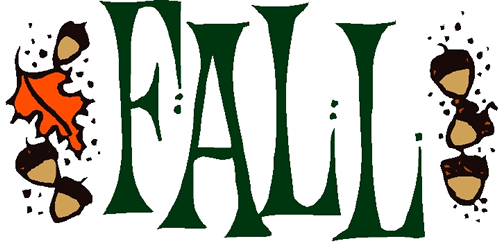- Piscataway Magnet School
- Allergy Information Fall
-
Allergy Information
Please note that the School Nurse does not provide any allergy medications for seasonal allergies.
Fall is here and this will bring changes in the trees, weather and Fall allergy season. Seasonal allergic rhinitis, commonly referred to as hay fever, affects millions of people.Symptoms include:- sneezin
- stuffiness
- runny nose
- itchiness in your nose and eyes
Preventative Measures- Keep your windows closed at night.
- Try to stay indoors when the pollen or mold counts are high.
- If you're outside for long periods of time when you return indoors, take a shower, shampoo your hair and change clothes - this reduces your exposure to pollens on your body and clothes.
- When traveling by car, keep your windows closed.
- Take any medication your doctor has prescribed.


